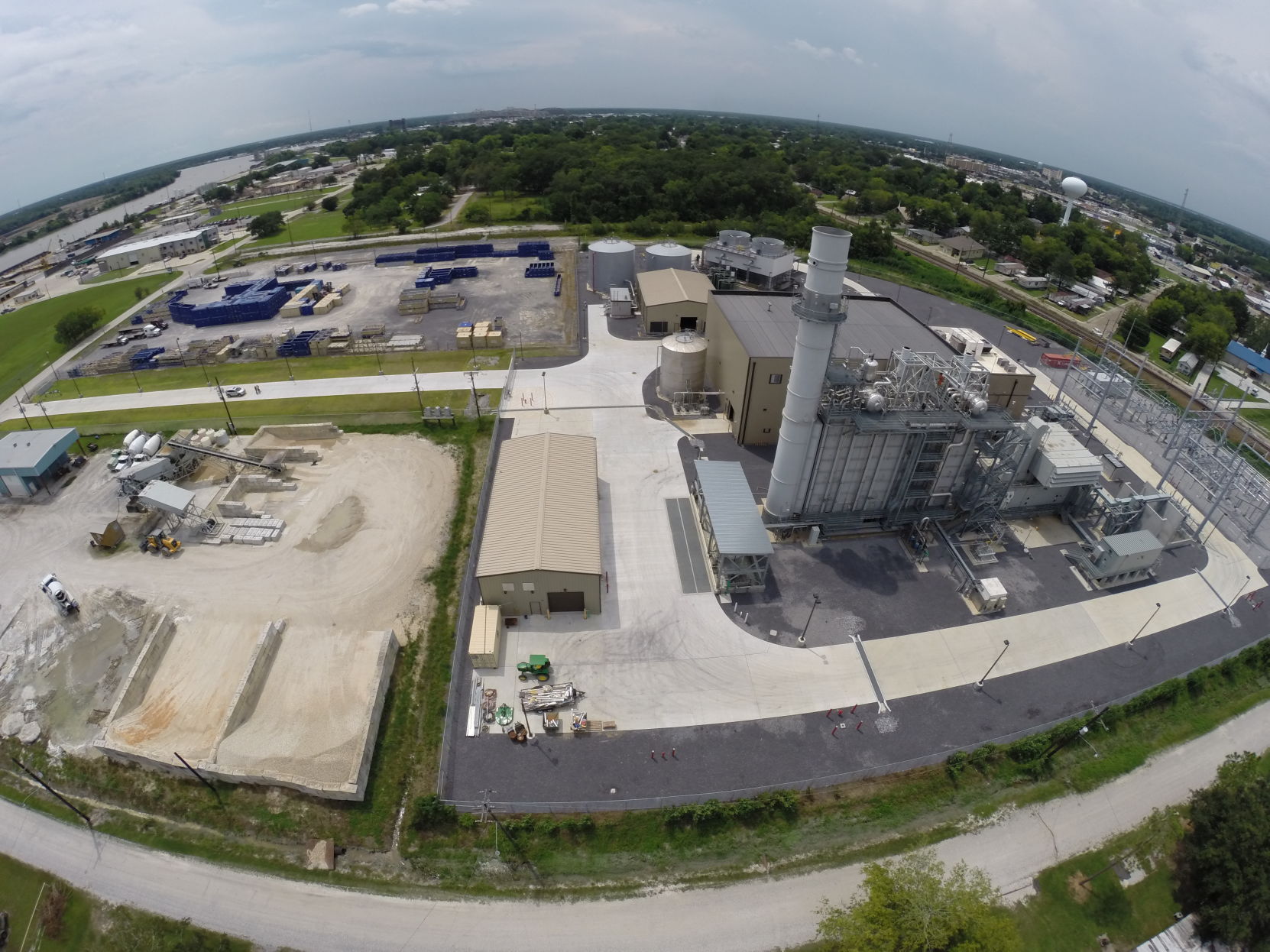
Power points: Electric plant fuels friction
February 14, 2018
Colonels hire new volleyball coach
February 14, 2018As we report in this issue, Terrebonne Parish President Gordon Dove made a lengthy presentation at last week’s council meeting concerning the parish’s obligations to the Louisiana Electric Power Authority. His talk was informative and rather eye-opening, and of the type of depth we would wish to see more of in terms of all parish obligations and involvements.
The parish is one of 17 member cities in the authority, a zero-profit entity which has a 20 percent ownership in the coal-fired plant from which Terrebonne gets most of its electric power.
LEPA also owns 100 percent of a highly efficient turbine plant in Morgan City called LEPA-1.
On June 1, 2013 Terrebonne entered a power sales agreement with LEPA to have a 25 megawatt entitlement share of LEPA-1’s 64 megawatt payload.
The construction of the plant cost about $120 million, paid for with power project revenue bonds. As per the agreement which now binds the parish, it is responsible for $50 million for the balance of 30 years.
The parish’s utility income is dedicated to making this debt good, should the parish not be able to fund it through other means. Meanwhile the parish has overhauled two of its own Barrow Street generating units. LEPA also sends the parish a monthly bill for its electricity management services.
The parish’s utility fund has been shrinking, which Gordon Dove attributes to increased payments for the LEPA-1 bonds. The writing he sees on the wall is the potential for electric rate increases to consumers who get their power from the parish, an option he is not willing to entertain.
Other options he has mentioned are selling the load or capacity that Terrebonne is entitled to on the LEPA-1 to other power companies. Selling the share in the plant outright is something he says won’t work because nobody will buy it. Certainly right now, with natural gas so cheap, it would not be a good deal for anyone, although that could change in the future.
During his presentation Mr. Dove made clear that any ill consequences resulting from the LEAP deal are not his fault, and he made clear who the leadership team was that ushered it all in.
His critics are calling attention to what they say is politicization of the issue, since the two people he mentioned in his presentation — former councilman Danny Babin and former parish president Michel Claudet — are potential opponents. At least one of them is expected to oppose Dove, possibly both.
That Mr. Dove’s fingering of Babin and Claudet can certainly be seen as a politicization, it is also, as he has stated, a fact, and for that he cannot be criticized.
It is the slamming of the LEPA project in the same breath, with no room given for the potential positives of the plant, that reveals Dove’s hand.
During the course of his presidency Mr. Dove has always operated with more efficiency than grace, and we don’t expect anything different in this situation.
He has unnecessarily tainted his case with the partisan edge that made itself seen, but the gaffe was not fatal to Dove’s arguments. Dove made his most important points, and the facts that relate to this obligation needed telling.
History will likely judge that at the time the agreement was entered into the parish’s best efforts were being served, given market conditions and other facts taken in context. Dove’s point, that the market has turned against the potential for benefit, is likely supportable and could very well be true.
We look forward to more open discussion of the parish’s LEPA involvement. Perhaps two of the people who were heavily involved with the deal, former parish manager Al Levron and former utilities director Tom Bourg, could be convinced to serve on a panel created to explore alternatives and to assess how LEPA-1 can be better utilized to the parish’s benefit. They are among the foremost experts on this history, and their willingness to share perspective could be a great public service.
We look forward to an all-encompassing problem solving approach.






